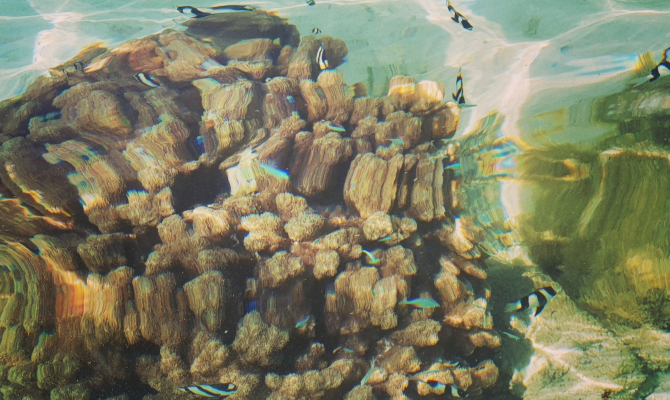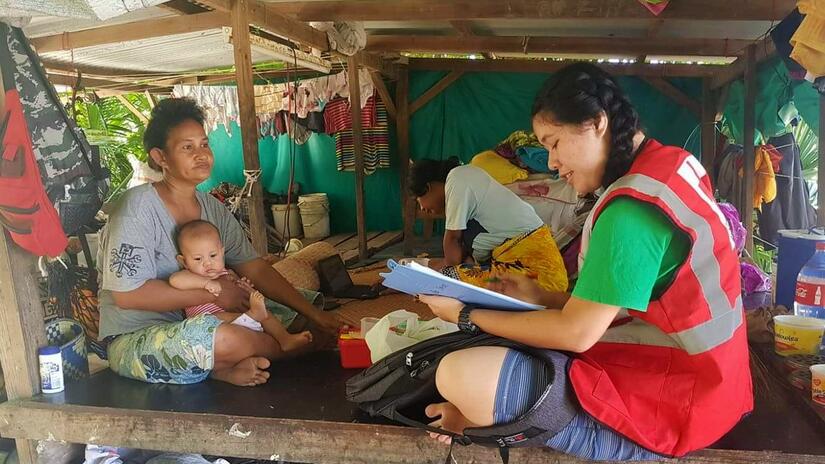The two day workshop highlighted the issues about the Nagoya Protocol’s implementation in Tuvalu
Protecting the traditional knowledge associated with biological resources will pave the way for Tuvalu as it rolls out its Access and Benefit-Sharing (ABS) system under the Nagoya Protocol.
The Nagoya Protocol on Access to Genetic Resources and the Fair and Equitable Sharing of Benefits Arising from their Utilisation (“the Nagoya Protocol) was adopted ten years ago by the Conference of the Parties to the Convention on Biological Diversity at its tenth meeting in Nagoya, Japan.
Tuvalu acceded to the Nagoya Protocol in August 2018, eager to ensure any use of genetic resources and associated traditional knowledge that leads to commercial benefits will see those benefits shared equally with the owners.
“Since then, we have been pleased by the progress from Tuvalu so that the Nagoya Protocol is implemented,” said Rahul Chand the Access and Benefit Sharing Capacity Officer of the Secretariat of the Pacific Regional Environment Programme (SPREP).
“Our most recent online workshop last month with participants in Tuvalu helped us plan a way forward for continued progression from Tuvalu with its ABS work.”
Stakeholders that participated in the two-day online workshop in March discussed the importance of protecting Tuvalu’s traditional knowledge and ensuring that access and benefit-sharing policies are developed to ensure transparency and accountability between providers and users of genetic resources.
The workshop was also to provide familiarity on the issues about the Nagoya Protocol’s implementation in Tuvalu, with a focus on the ‘Prior Informed Consent’ and ‘Mutually Agreed Terms’ as part of developing a Roadmap for Tuvalu.
“Communities that do not receive benefits from the use of biological resources in research and associated traditional knowledge can be confident ABS will provide support to ensure incentives flow back to communities engaged in order to protect their natural resources,” said Chand.
Attended by government staff and community representatives, the virtual workshop was organised for Pacific islands with the Global Environment Facility (GEF) funded ABS Regional Project implemented by the United Nations Environment (UNEP) and executed by SPREP.
It was also a collaboration between the ABS Capacity Development Initiative and the University of New South Wales.
The workshop held from 17 – 18 March 2021 concluded with a way forward that identified conducting an institutional and policy gap analysis to implement access and benefit-sharing by SPREP and for continued support on capacity-building initiatives.
This story was produced by Angelicas, posted by SPREP, reposted via PACNEWS.



